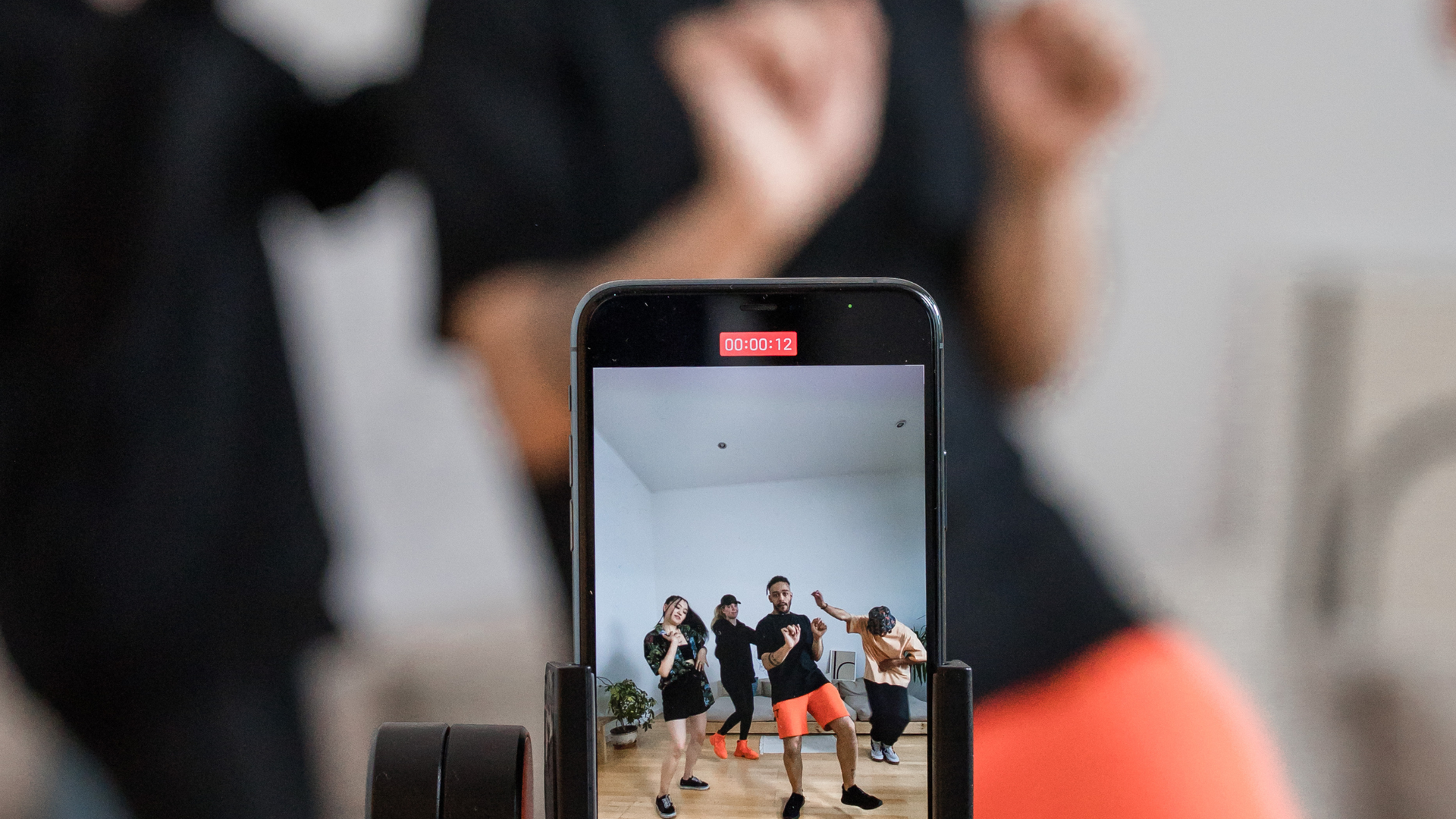Why is Twitter Good for Business?
Introduction to Twitter for Business
In today’s fast-moving digital marketing landscape, Twitter continues to hold its ground as one of the most effective social media platforms for businesses. With millions of active users participating in real-time conversations, the platform provides unmatched opportunities for brand visibility, marketing campaigns and audience engagement. But why is Twitter good for business, and how can companies maximise its potential?
This article explores the many reasons why Twitter makes a powerful tool for marketing purposes, breaking down strategies, examples and actionable insights to help your brand thrive.
Understanding the Role of Twitter in Digital Marketing
The Evolution of Twitter as a Marketing Platform
Twitter started as a simple microblogging site but has since evolved into a hub for industry trends, thought leaders and marketing campaigns. Unlike other platforms, Twitter offers real-time engagement and direct communication, making it invaluable for businesses looking to connect with potential customers instantly.
Why Businesses Should Pay Attention to Twitter
Businesses cannot afford to overlook Twitter. The platform’s ability to drive traffic, create content and share insights with a wider audience makes it an essential part of any marketing strategy. Whether through organic strategy, paid ads or trending conversations, Twitter offers valuable insights into your audience’s preferences.
Benefits of Twitter for Businesses
Real-Time Engagement with Customers
One of Twitter’s standout features is its ability to foster real time engagement. Customers expect quick responses, and businesses can use direct messages, replies and mentions to resolve pain points and build credibility.
Increasing Brand Visibility and Reach
With trending hashtags, popular hashtags and Twitter ads, brands can tap into a larger audience. A single tweet can gain traction globally, giving your brand exposure that few other platforms can match.
Building Brand Loyalty through Conversations
Participating in Twitter chats and trending topics helps businesses build brand loyalty. Customers appreciate companies that are approachable, responsive and consistent in their social media marketing.
Driving Website Traffic and Conversions
Strategically placed promotional content or links to long-form content, such as blogs, can drive traffic to websites, converting followers into customers.
Creating an Effective Twitter Marketing Strategy
Setting Up a Professional Twitter Profile
A strong Twitter profile photo, bio and consistent branding helps establish credibility. This is your digital handshake with potential customers.
Defining Goals and Target Audience
Clarity is crucial. Whether the aim is follower growth, brand visibility or driving conversions, defining clear goals ensures your marketing efforts are aligned with your target audience.
Crafting a Strong Content Strategy
Balancing engaging content and promotional content is key. Brands must create content that informs, entertains and converts.
Using Relevant and Trending Hashtags
Smart use of relevant hashtags and trending hashtags improves discoverability and boosts your brand’s presence in trending conversations.
Types of Content That Work Well on Twitter
Engaging Content vs Promotional Content
Tweets that spark conversations, share insights or highlight industry experts perform better than purely sales-driven posts.
Long Form Content vs Single Tweet Updates
Businesses can mix long-form content links with single tweet updates to balance depth with immediacy.
Twitter Spaces, Chats and Real-Time Conversations
Features like Twitter Spaces and Twitter chats allow businesses to connect with wider audiences and thought leaders through real-time engagement.
Twitter Ads and Paid Campaigns
Benefits of Paid Ads vs Organic Strategy
While an organic strategy builds community, Twitter ads boost brand visibility and accelerate audience reach.
Targeting Options to Reach the Right Audience
Twitter offers advanced targeting options, allowing brands to reach their right audience based on demographics, interests or important metrics.
Measuring Success with Twitter Analytics
Twitter analytics provides valuable insights on engagement rate, impressions and conversions, enabling businesses to fine-tune their strategies.
Social Listening and Industry Insights
Tracking Mentions and Pain Points
By tracking mentions, businesses can identify customer pain points and adapt quickly.
Monitoring Trending Topics and Hashtags
Staying on top of trending conversations ensures your brand remains relevant in real time conversations.
Leveraging Thought Leaders and Industry Experts
Collaborating with thought leaders boosts credibility and positions your brand as an authority within your industry trends.
Tools and Techniques to Manage Twitter Marketing Efforts
Scheduling Tweets and Managing Engagement
Using tools to schedule tweets maintains consistency, freeing up time for real-time interactions.
Using a Single Dashboard for Campaigns
Managing multiple social profiles and ad campaigns from a single dashboard streamlines efficiency.
Fine-Tuning Strategies with Important Metrics
By regularly reviewing important metrics, brands can adjust their marketing campaigns to maximise ROI.
Frequently Asked Questions
Q1. Why is Twitter good for business compared to other platforms?
Twitter allows for real-time conversations, global reach and strong community building, setting it apart from other social media platforms.
Q2. How can Twitter ads benefit small businesses?
With affordable ad campaigns and precise targeting options, small businesses can expand their reach and connect with the right audience.
Q3. What type of content works best on Twitter?
Engaging content such as polls, visuals and real-time updates tends to perform better than strictly promotional posts.
Q4. How often should businesses post on Twitter?
Consistency is key. Brands should schedule tweets daily while leaving room for real-time engagement.
Q5. Can Twitter help with customer service?
Yes. Through direct messages and replies, businesses can address issues quickly, enhancing brand loyalty.
Q6. How do I measure Twitter success?
Use Twitter analytics to track engagement rate, follower growth and website traffic driven from tweets.
Conclusion
So, why is Twitter good for business? The answer lies in its unique ability to blend real-time engagement, valuable insights and scalable marketing campaigns. From organic strategies to paid ads, Twitter offers tools for every brand to strengthen its digital marketing presence.
If you want to drive traffic, grow your audience and build brand loyalty, Twitter is a platform you cannot ignore. At Social Media Time, we help brands fine-tune their marketing efforts to ensure success across Twitter and other social media platforms.










